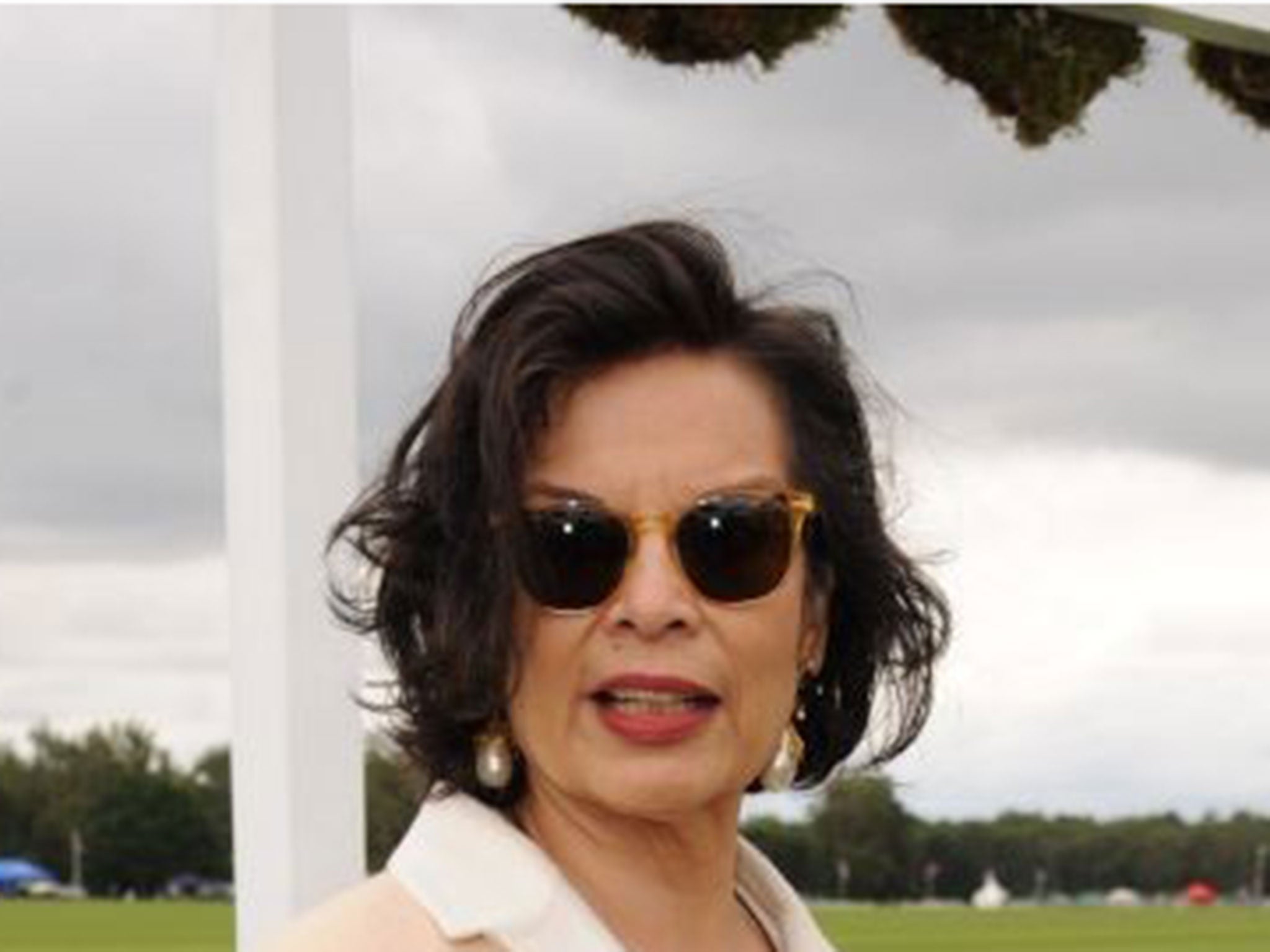Celebrity protesters distorting the BBC’s coverage of rural affairs, report finds

Celebrity protesters, from anti-fracking crusader Bianca Jagger to badger champion Brian May, are distorting the BBC’s coverage of rural affairs, a major study commissioned by the BBC Trust has found.
Use of celebrity commentators on rural issues was “irritating and perplexing” to viewers and listeners, found the wide-ranging report into BBC Coverage of Rural Areas in the UK. “Audiences simply couldn’t understand why a celebrity should be treated as an authority, and if not an authority, why their voice was being given weight,” it said.
The study found that in the BBC’s coverage of both the badger cull and the fracking protests at the Sussex village of Balcombe "a disproportionate amount of time was given to the views of celebrities".
Rural experts and audiences in country areas told the study that BBC News coverage portrayed the British countryside as a “place of conflict and polarisation”.
But there were also complaints that the BBC’s rural coverage gave undue prominence to “cute” pictures of animals, particularly in the badger cull story. The report’s author Heather Hancock, said audiences had complained that the use of images of “fluffy badgers” was “never going to result in an impartial impression”. One respondent told the study: “It seems like again the farmer was nearly the villain because he was wanting to cull the badgers.”
Although celebrities such as Brian May featured in only four per cent of BBC items on the badger cull, they were given a disproportionate 12 per cent of total quotation time in all BBC coverage of the subject, the report said. “This testifies to the small number yet relatively lengthy appearances by a select number of famous people,” it said.
On the fracking coverage only one per cent of BBC items featured celebrities but their quotation time amounted to five per cent. The report said: “Respondents… disliked the use of protesters, particularly celebrities, to put across arguments, as in their minds these people had little credibility and had ‘opinions’ rather than impartial scientific evidence.”
The report found that the BBC’s coverage of rural matters was “impartial” and there was praise for the authority of specialist programmes Countryfile, on BBC2, and Farming Today on BBC Radio 4.
But the broadcaster’s wider coverage could present a “simplistic” image of “charming thatched lives”. Programmes such as Springwatch and Autumnwatch shied away from showing “nature red in tooth and claw”, the report said. “The BBC is incredibly squeamish about the countryside,” commented Mark Hedges, editor of Country Life, to the researchers. “There is not one programme which has addressed the question of predators in an honest way,” said Robin Page, farmer and Chairman of the Countryside Restoration Trust.
Even Countryfile was guilty of “periodic slips into anthropomorphism”, the report warned. “Every so often, the presenters of location stories give too strong an impression of visiting the countryside, not being of the countryside. This does matter to country people, who don’t wish to be treated as a living zoo.”
The BBC was also criticised for being overly reliant for commentary on certain rural pressure groups – notably the Royal Society for the Protection of Birds and the National Union of Farmers.
Although Radio 2’s Jeremy Vine Show and BBC1’s Breakfast were credited for giving context to big rural stories, the report said the BBC should reestablish the position of Rural Affairs Correspondent, a role which was scrapped in 2012, in order that country issues should have a champion in the newsroom.
Responding to the report, the BBC said: “We take our commitment to the reporting of rural affairs very seriously and welcome the report’s endorsement of our programming and overall impartiality. Whilst the report finds overall we do a good job reflecting and reporting rural affairs there are areas where we can do better and we have committed to a range of steps to help improve the coverage further.”
Join our commenting forum
Join thought-provoking conversations, follow other Independent readers and see their replies
Comments
Bookmark popover
Removed from bookmarks